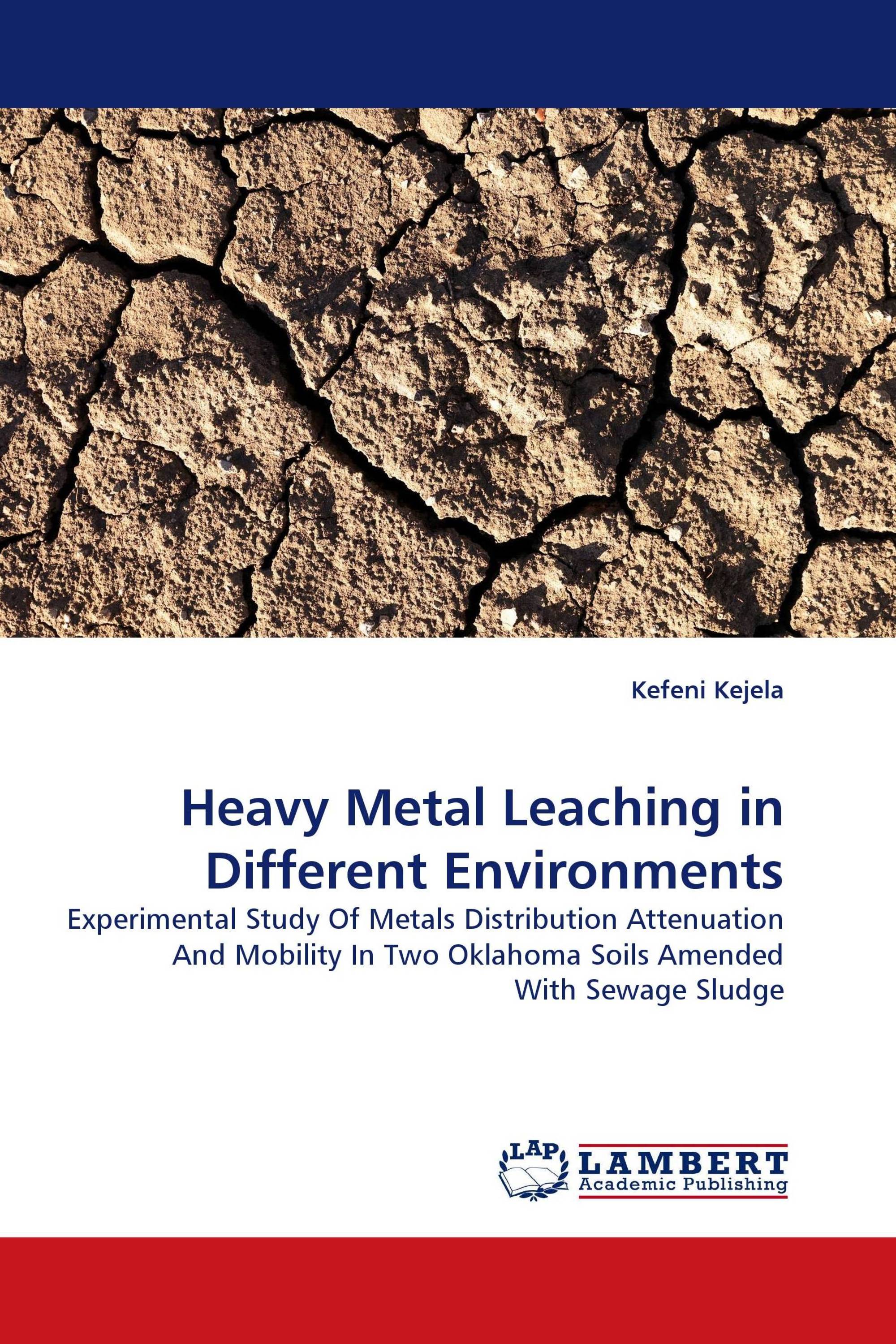Heavy Metal Leaching in Different Environments
Experimental Study Of Metals Distribution Attenuation And Mobility In Two Oklahoma Soils Amended With Sewage Sludge
LAP Lambert Academic Publishing ( 2010-06-15 )
€ 59,00
This study was conducted to provide information on leaching and attenuation of heavy metals on two different soil types applied with sewage sludge (Biosolids). The research was based on soil column leaching procedure to evaluate the leaching capacity of clay and sandy soils. The objectives of the study were: to study the pollution potential of leachate from land application of sewage sludge in relation to the attenuation mechanisms in soils of different characteristics and, to recommend future research aimed at providing a base for development of pollution control procedures and guidelines regarding land disposal of sewage sludge. Two soil types (Norge clay and Dougherty sandy soils), three soil horizons, three treatments and three replications were used for the design of this experiment. The study showed the soil properties most useful in predicting mobility of trace metals in soils are texture, content of iron oxides, content of lime, soil pH, and organic matter. The most mobile heavy metals were zinc and nickel and the least mobile was chromium. There is no general agreement concerning the maximum allowable concentrations of various metals in sewage sludge.
Book Details: |
|
|
ISBN-13: |
978-3-8383-6749-1 |
|
ISBN-10: |
3838367499 |
|
EAN: |
9783838367491 |
|
Book language: |
English |
|
By (author) : |
Kefeni Kejela |
|
Number of pages: |
124 |
|
Published on: |
2010-06-15 |
|
Category: |
Inorganic chemistry |




